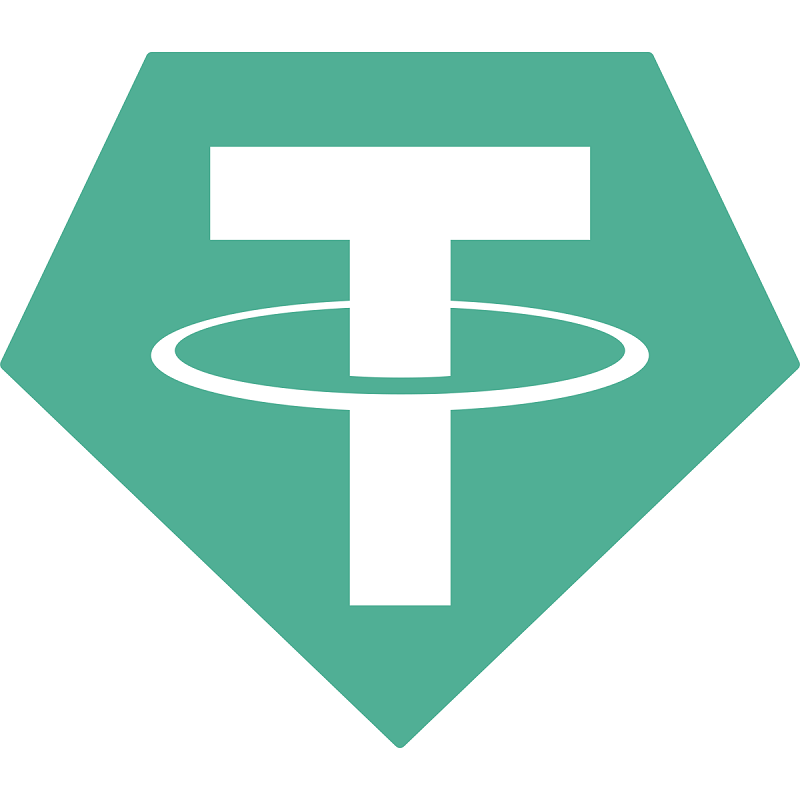USDT stablecoin issuer Tether has reacted to the recent UN report accusing it of aiding illicit financing, alleging bias on the part of the United Nations for singling out usage of the USDT in illegal activities without acknowledging its role in developing emerging market economies.
On January 15, Tether published a statement as a blog post on its official Tether.to website, highlighting strides by the stablecoin issuer to curb money laundering and illicit financing. The firm also spared no expense in bringing attention to its efforts in furthering inclusion for emerging markets otherwise neglected by the global financial industry.
Recall that the United Nations Office on Drugs and Crime recently released a report decrying the widespread usage of the USDT token by bad actors for money laundering and illicit financing in Southeast Asia. Tether did not take kindly to the accusations,
Tether Disappointed in the UN Report
The statement by Tether expressed disappointment at the assessment of the United Nations Office on Drugs and Crime regarding the USDT, accusing the agency of essentially witch-hunting its stablecoin by finding its faults while intentionally ignoring its role in developing emerging markets.
In the blog post, Tether pointed to its recent freezing of over $300 million of funds linked to illicit activities over the past few months as hard evidence of commitment to eradicating crypto-assisted crime.
In the same vein, Tether berated the UN agency for ignoring a history of collaboration with relevant authorities to apprehend criminals using its stablecoin as a vehicle for criminal transactions. Tether pointed out that understanding and encouraging a proactive approach to learning about the promise of blockchain as a productive tool to fight crypto-assisted financial crime rather than vindictive and ill-researched reports.
About the UN Report
Earlier this week, the United Nations Office on Drugs and Crime released a new report portraying the USDT stablecoin as a vehicle for illicit financial transactions, focusing on scammers carrying out money laundering operations and pig-butchering scams in Southeast Asia.
The report admitted strides by Tether at keeping its platform crime-free, a rather hard-to-deny assertion. The stablecoin issuer recently collaborated with law enforcement in Singapore to recover over $737 million from a money laundering network. Despite the gains, however, the report decried the inability of the stablecoin issuer and law enforcement worldwide to keep up with scammers.
While there may be some truth to the UN report, it is also unnecessarily overly critical of a particular token for its popularity. The USDT might be a vehicle for money launderers, but so is Bitcoin and even fiat currencies like the US dollar, and there currently exists little proof that bad actors prefer the stablecoin over Bitcoin or even the US dollar for money laundering, terrorism financing, or pig-butchering scams.
Rather than target a specific cryptocurrency, the UN report should have addressed issues like the lack of stable regulatory frameworks for cryptocurrency assets in many countries, including giants like the United States of America.
Tether Proposed Dialogue and Recommended Blockchain Education
Tether criticized the ‘absence of effort’ in understanding blockchain technology, opining that the organization could try to study the technology and its potential applications, especially concerning fighting criminal crime.
In conclusion, the stablecoin issuer expressed willingness to support the UN in gaining enough knowledge to understand how blockchain technology can help fight crime. It also invited the international organization for “dialogue.” Additionally, Tether iterated how the same approach worked with other global law enforcement agencies and regulators.
The United Nations Office on Drugs and Crime is yet to respond to the Tether statement at press time. The UNODC is unlikely to issue any response. While Tether is a cryptocurrency issuer with a reputation it strives to protect, the United Nations mostly observes international events.
Fortunately for Tether, the recent UN report barely dented the reputation or value of the USDT. In other news, Tether increased its Bitcoin holdings to $2.8 billion earlier today, making it one of the largest private BTC holders globally.





